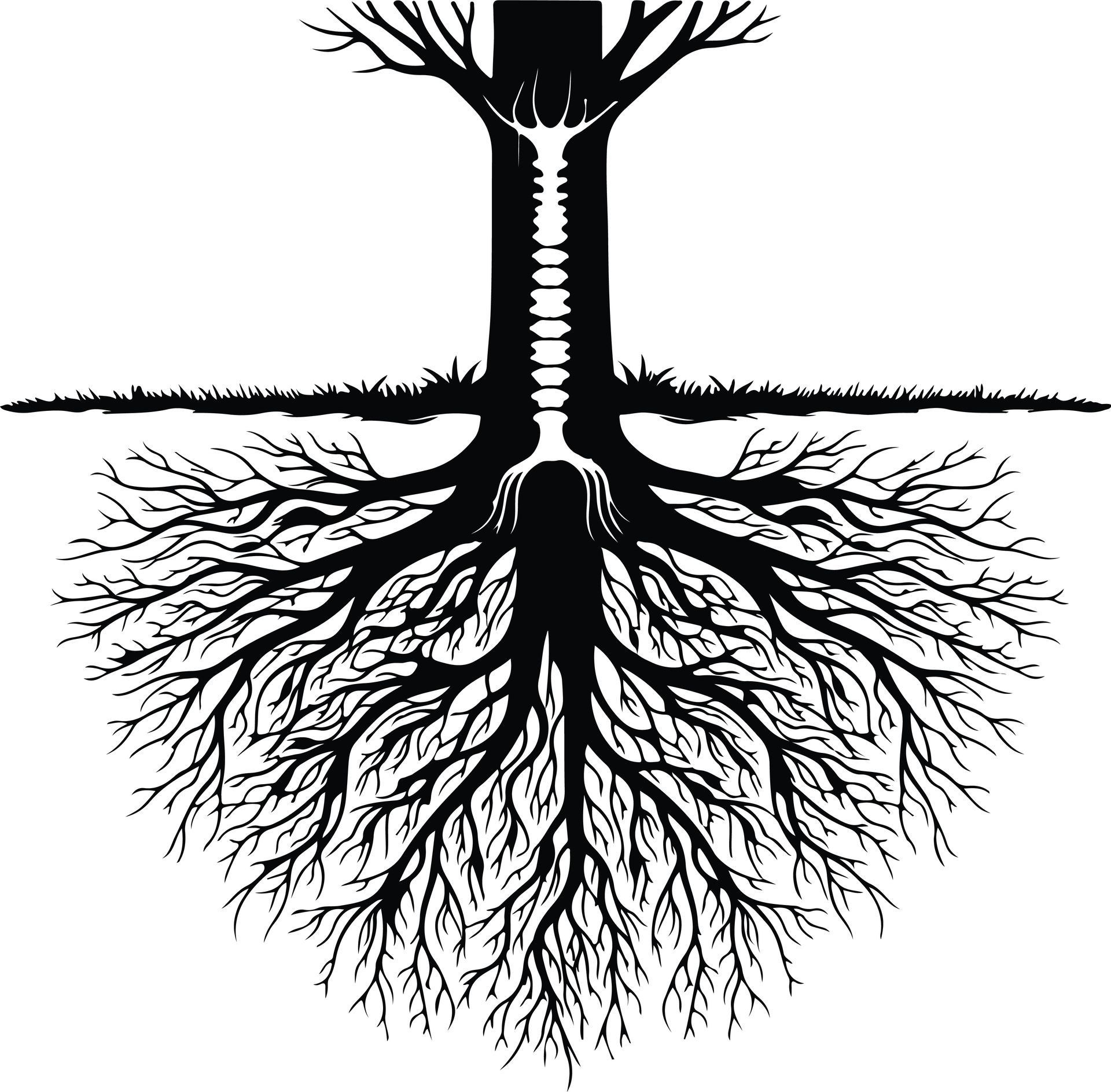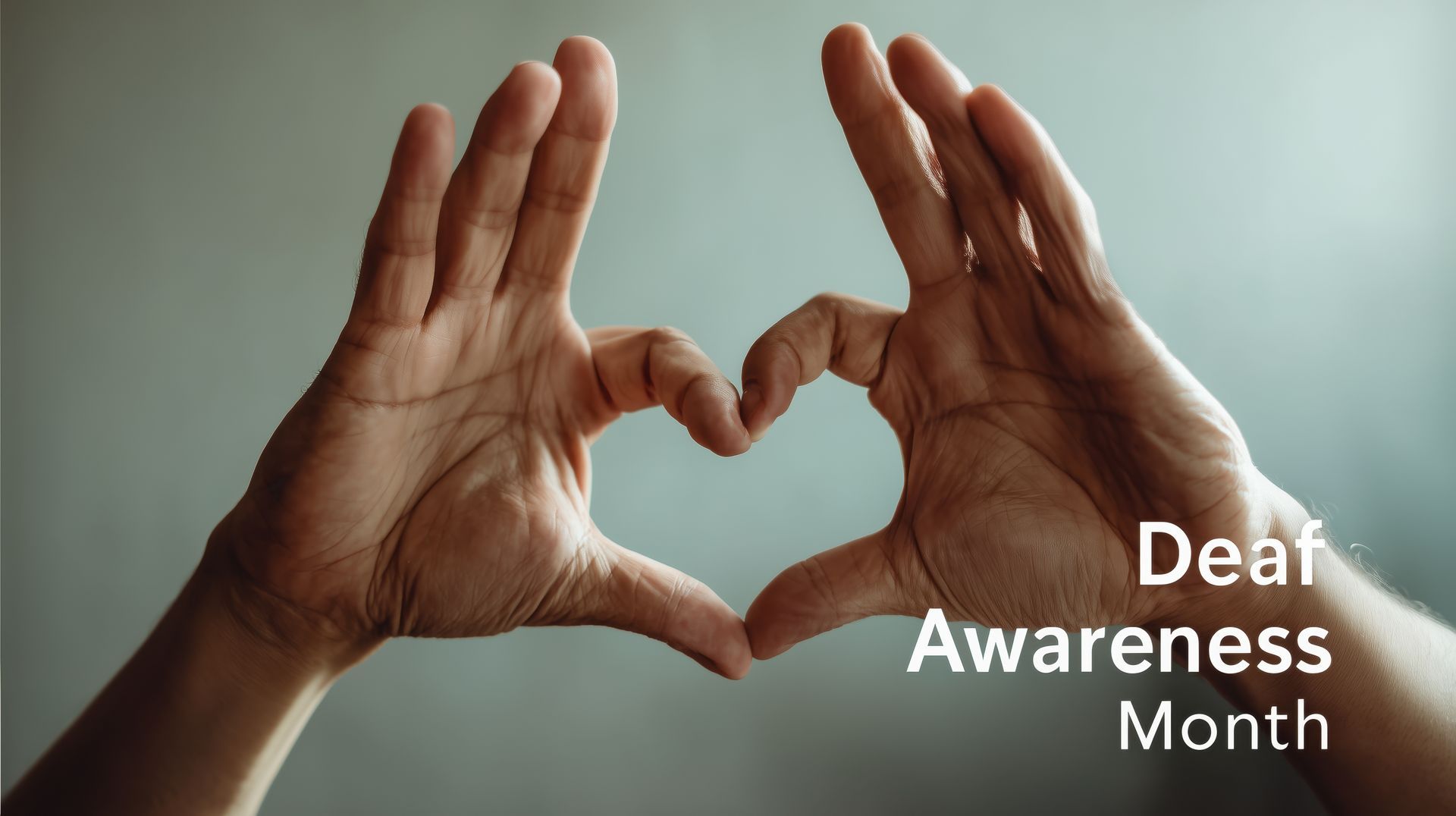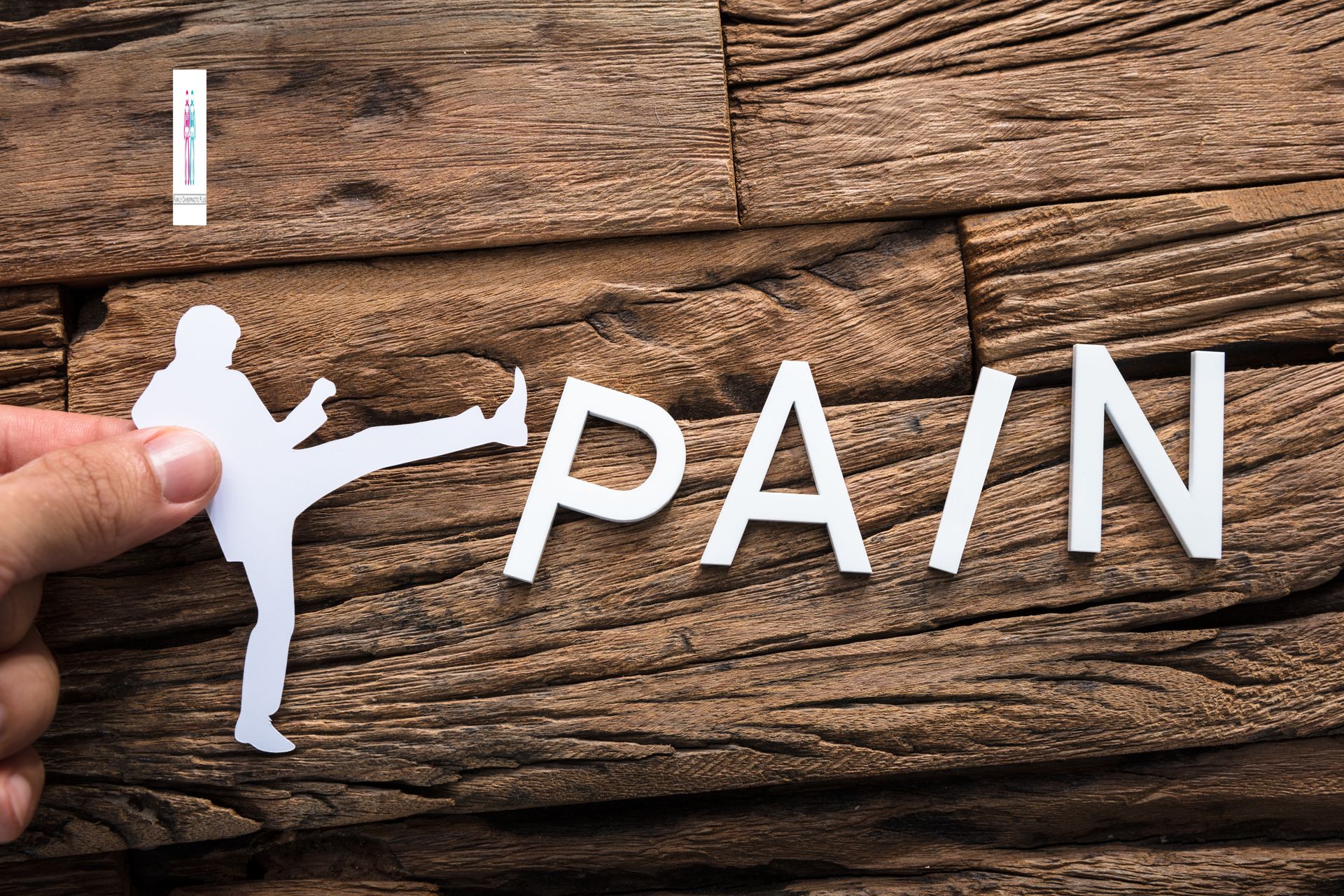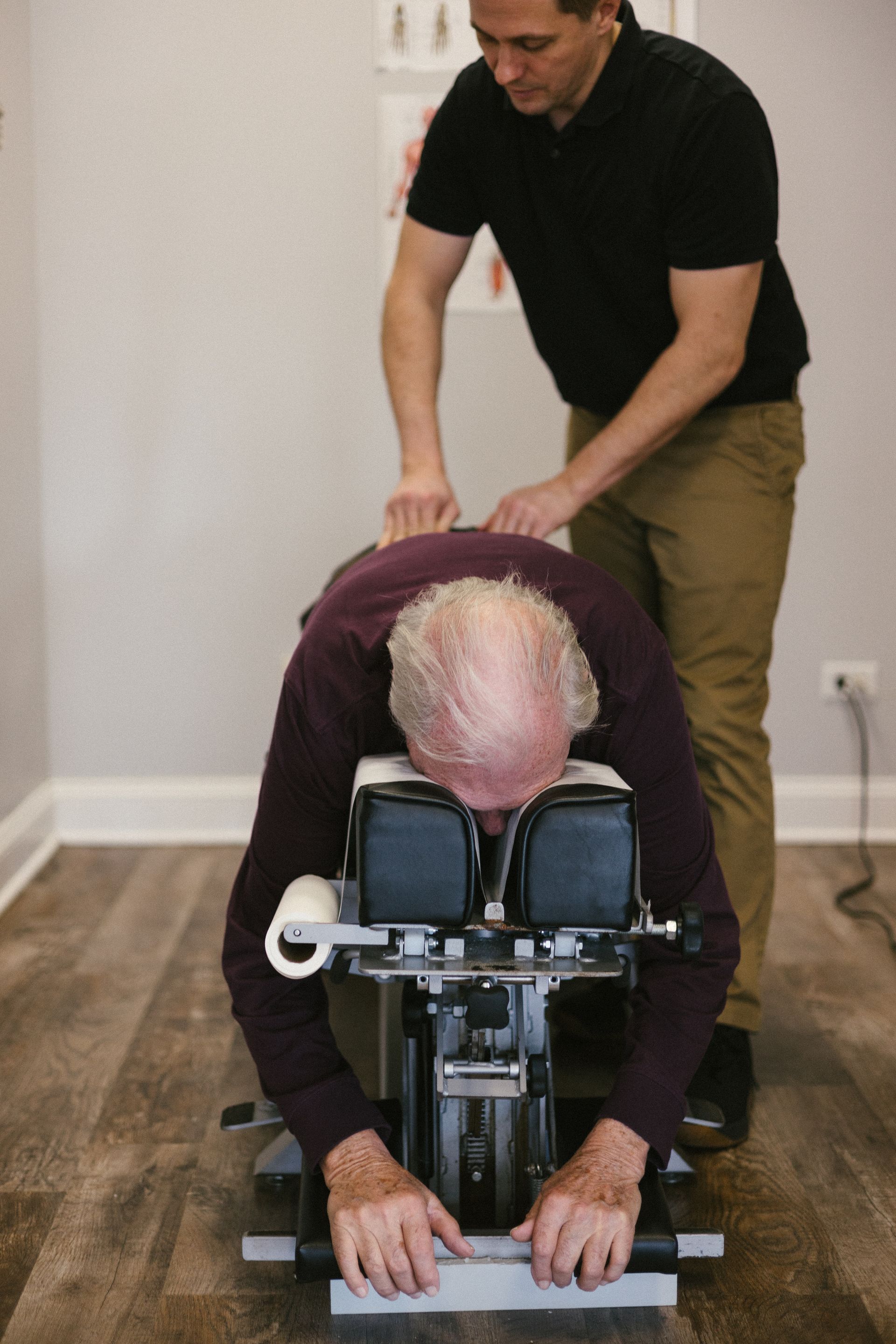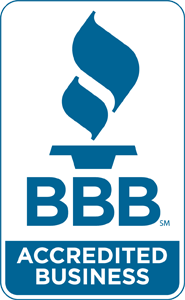By Louise Blankenship
•
June 25, 2025
For many, a visit to the chiropractor is a reactive decision. A sudden twinge in the lower back after lifting a heavy box, a persistent crick in the neck from a long week at the desk, or headaches that just won't quit. We often wait for pain to become the primary motivator for seeking care. But what if we shifted our perspective? What if, instead of just treating problems as they arise, we could actively prevent them from happening in the first place? This is the central idea behind a growing movement in healthcare: proactive wellness. And within this model, chiropractic care is emerging as a powerful cornerstone strategy for maintaining long-term health, not just alleviating immediate pain. It's about moving from a "pain-based" model to a "wellness-based" one, where the goal is to keep you functioning at your absolute best, day in and day out. Redefining the Role of Your Chiropractor The common perception of chiropractic care often revolves around the signature "adjustment" or "manipulation " that provides relief. While these spinal manipulations are a key technique, their purpose runs much deeper than a temporary fix. Your spine is the central highway for your nervous system, which controls and coordinates every single function in your body—from muscle movement to organ function. When vertebrae in the spine are misaligned (a condition known as a subluxation), they can interfere with this critical nerve communication. A proactive approach to chiropractic care focuses on identifying and correcting these minor misalignments before they lead to pain, dysfunction, or injury. Think of it like a dental check-up or routine car maintenance; you go regularly to prevent cavities and engine failure, not just when you have a toothache or your car breaks down. The Pillars of Preventative Chiropractic Care Leveraging chiropractic as a preventative tool can have a profound impact on your quality of life. Here are the keyways regular care helps you stay ahead of health issues: 1. Improving Posture and Combating "Tech Neck" In our modern world, we spend hours hunched over computers, craning our necks to look at smartphones, and slumping on couches. This chronic poor posture puts immense strain on the muscles and ligaments of the neck and spine, leading to the ubiquitous "tech neck," tension headaches, and upper back pain. Regular chiropractic adjustments help counteract these forces, realigning the spine and retraining your body to maintain better posture naturally. This reduces daily wear and tear, leaving you with more energy and less chronic discomfort. 2. Enhancing Athletic Performance Athletes at all levels, from weekend warriors to professionals, are increasingly turning to chiropractic care to gain a competitive edge. Optimal performance relies on flawless biomechanics. A properly aligned spine ensures that the nervous system is firing messages to muscles with maximum efficiency. This can lead to improved flexibility, greater power, a better range of motion, and enhanced balance and coordination. 3. Reducing the Risk of Injury Many injuries are not the result of a single event, but rather the culmination of minor, unaddressed imbalances. A slight misalignment in the pelvis can alter your gait, putting undue stress on a knee or ankle. A stiff mid-back can force the lower back and neck to overcompensate, making them vulnerable to sprains and strains. Proactive chiropractic care is like performing a regular systems check on your body's framework. By correcting these underlying imbalances, you create a more stable and resilient structure that is far less susceptible to injury during sports, work, or daily activities. Your Proactive Toolkit: Ergonomics for the Modern Workforce Your chiropractor is your partner in wellness, but a truly proactive approach includes how you manage your body between visits. Here are some essential ergonomic tips: • Optimize Your Desk: Position your monitor so the top of the screen is at or slightly below eye level. Your chair should allow your feet to rest flat on the floor with your knees at a 90-degree angle. Keep your keyboard and mouse close to avoid over-reaching. • Stand Up Straight: If you use a standing desk, ensure it's at a height where your elbows are bent at 90 degrees. Wear supportive shoes and consider an anti-fatigue mat. • Mind Your Mobile: Instead of looking down at your phone, consciously lift it closer to eye level. • Commute Comfortably: Adjust your car seat to support your lower back's natural curve and ensure you aren't straining to reach the pedals or steering wheel. Lifestyle Tips for a Resilient Spine Beyond the office, simple daily habits can make all the difference: • Move Every 30: Set a reminder to get up, stretch, and walk around for a few minutes every half hour. • Hydrate for Your Discs: The gelatinous discs between your vertebrae are mostly water. Staying well-hydrated keeps them healthy and pliable. • Sleep Smart: Sleep on your back or side, not your stomach. Use a supportive pillow that keeps your head in a neutral position with your spine. • Lift with Your Legs: When lifting anything, bend at your knees and hips, keeping your back straight and engaging your core muscles. Take the Driver's Seat of Your Wellness Becoming a proactive patient means seeing your health as your greatest asset. It's an investment in a future with more mobility, less pain, and a higher capacity to enjoy the activities you love. Chiropractic care is not just a solution for back pain; it is a vital tool for building and maintaining a foundation of optimal wellness. If you're ready to shift from simply reacting to pain to proactively building a healthier life, consider consulting with a chiropractor. A conversation about your health goals can be the first step toward creating a personalized, preventative care plan that will serve you for years to come. We're here to support you every step of the way. Follow the link to make an appointment today https://www.familychiroplus.com/start or call and chat to our friendly staff.
